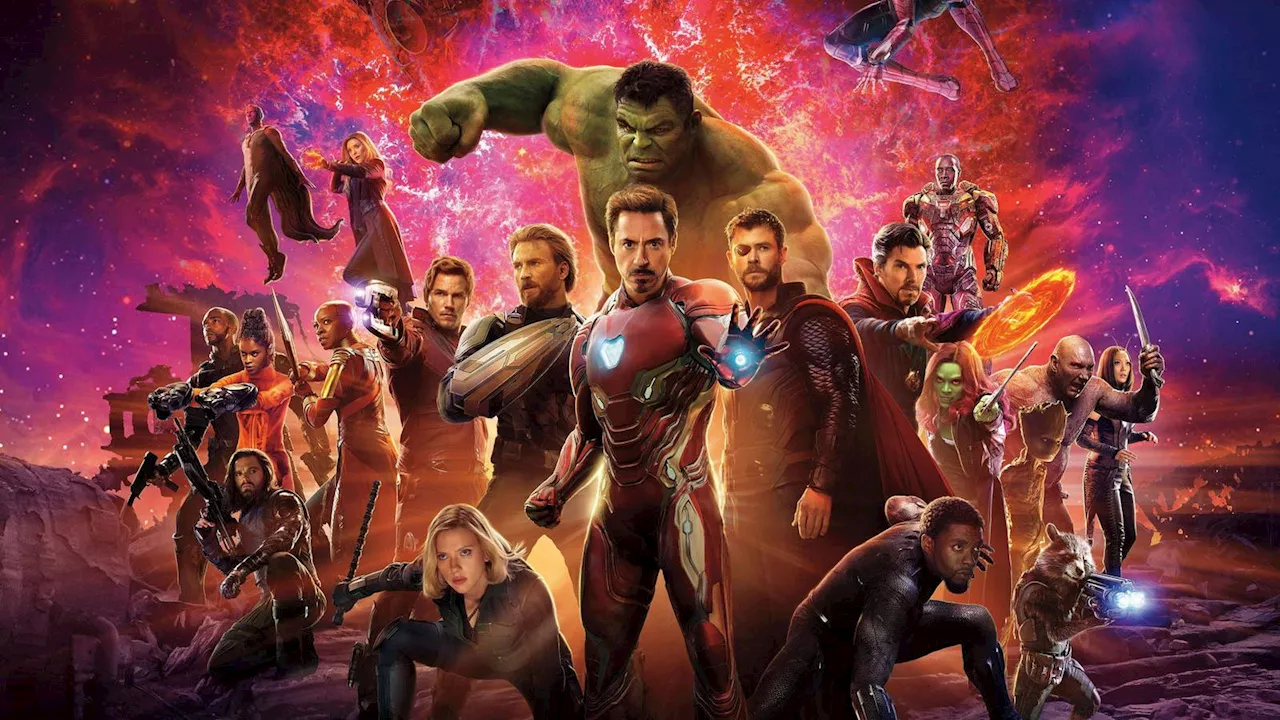The portrayal of Scarlet Witch in the Marvel Cinematic Universe (MCU) has drawn considerable criticism, particularly regarding her transformation into a villain in the 2022 film, Doctor Strange in the Multiverse of Madness. Fans argue that Marvel Studios failed to capitalize on a rich narrative established in the comics, leading to a lackluster adaptation of a character with deep, complex motivations. This oversight has left many feeling that the MCU squandered an opportunity to explore one of its most intriguing characters.
Comic Origins of Scarlet Witch’s Dark Turn
The comic storyline titled Avengers: Disassembled, which debuted in 2004, serves as a pivotal point in Scarlet Witch’s character development. In this narrative, the Avengers face chaotic events triggered by Wanda Maximoff, revealing her as a central figure in their downfall. Her motivations stemmed from profound grief over the loss of her children, a theme echoed in the MCU but without the same depth or repercussions.
While Doctor Strange in the Multiverse of Madness mirrors some aspects of this comic arc, critics assert that the film’s climax undermines the complexity of Wanda’s character. After a brief moment of self-realization, she experiences an abrupt redemption and self-sacrifice, which many viewers felt was neither earned nor appropriate given the character’s previous development. In contrast, the comic version of Wanda faced far-reaching consequences that significantly altered the Marvel Universe.
The Impact of House of M and Its Significance
Following Avengers: Disassembled, Wanda’s journey continued with the House of M storyline, which showcased her ability to manipulate reality. This event not only solidified her as a formidable character but also resulted in monumental changes to the Marvel landscape, most notably the drastic reduction of the mutant population with the words, “No more mutants.” This pivotal moment illustrated the gravity of her actions and the long-lasting effects on the X-Men franchise.
In the MCU, however, the potential for Scarlet Witch to create such monumental change was largely untouched. While her motivations in the film align with those in the comics, the resolution felt shallow, lacking the intricate storytelling that defined her comic counterpart. Many fans believe that Wanda’s arc deserved a more significant platform with a dedicated narrative, rather than being relegated to the backdrop of another character’s story.
The choice to position her as a primary antagonist in a film already centered around another hero, Doctor Strange, raised questions about the narrative strategy. By not allowing her a standalone exploration or a more extended arc within the film, the MCU missed a critical opportunity to delve deeper into her character’s complexities and the multifaceted nature of her motivations.
In summation, while Marvel Studios has successfully created a vast cinematic universe, the treatment of Scarlet Witch’s villain era in the MCU has left many fans disappointed. The rich history and potential for impactful storytelling were not fully realized, leading to a portrayal that felt more like a missed opportunity than a fulfillment of character growth.
